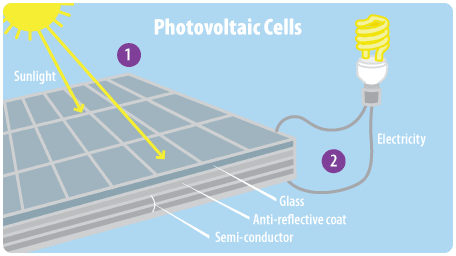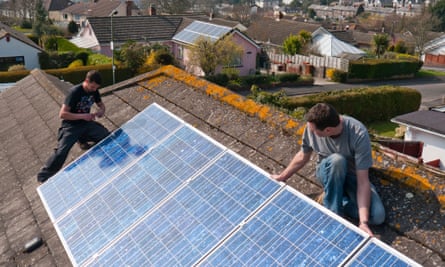These solar power systems tend to reflect light beams that may interfere with operating pathways of aircraft.
How might solar panels affect the ongoing environmental crisis.
Solar panels generate 300 times more toxic waste per unit of energy than nuclear power plants.
The primary goal for most homeowners who go solar is to save money on their utility bills.
This number is reduced when you consider solar panels that live in areas that experience dust or snow storms regularly.
Potential impacts to specially designated areas.
V nf3 emissions increased by 1 057 percent over the last 25 years.
Impacts to vegetation wildlife wildlife habitat and sensitive species.
Utility scale solar energy environmental considerations include land disturbance land use impacts.
Solar energy systems power plants do not produce air pollution water pollution or greenhouse gases.
They also contain lead cadmium and other toxic even carcinogenic chemicals that cannot be removed without breaking apart the entire panel.
In turn the farms change local radiation.
Impacts to soil water and air resources.
Worse rainwater can wash many of these toxics out of the fragments of solar modules over time.
The last few years have seen growing concern over what happens to solar panels at the end of their life.
However some toxic materials and chemicals are used to make the photovoltaic pv cells that convert sunlight into electricity.
That s the equivalent of recycling roughly 540 000 tons of garbage.
Even the best solar panels can have their efficiencies significantly impeded by environmental factors though with proper design most if not all of these factors can be mitigated.
The key to solar panel efficiency.
Heavy discharge of pollutants.
They also produce electric magnetic fields which hinder the natural activities of its surrounding.
Doing so may escalate to an ecological crisis which affects the region s drainage and rainfall levels.
11 and sunrun has deployed 879 megawatts of energy of solar panels to hundreds of thousands of customers across america.
The problem of solar panel disposal will explode with full force in two or three decades and wreck the environment because it is a huge amount of waste and they are not easy to recycle.
According to the us department of energy the lifespan of a solar panel will typically span 20 to 30 years depending on the environment where the panels are installed.
Solar panels using photovoltaic technologies produce clean emission free electricity resulting in strong environmental benefits.
Consider the following statements.
Large solar installations affect global and regional climate by taking solar radiation and distributing it in a different manner than natural processes.



























